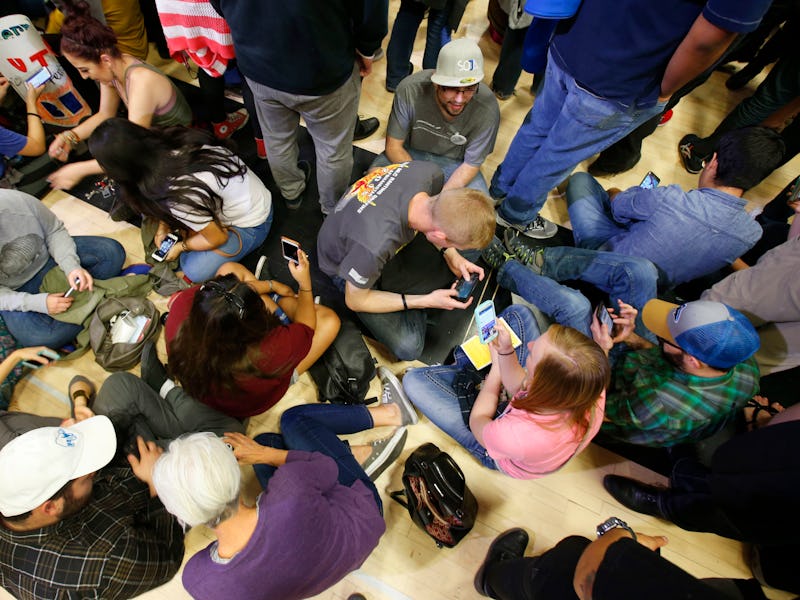It's Against Islam, but Can You be Charged for Stealing Wifi?
Admit it, you're not totally sure.

You don’t often hear the words “wifi” and “fatwa” in conjunction with each other, but that’s where we landed Monday following an edict from Dubai’s Islamic Affairs & Charitable Activities Department, which, according to the AP, is something between Big Brother and Ask Jeeves, but for Islam. According to the IACAD, piggybacking on your neighbor’s unsecured wifi is not “proper Islamic conduct.”
Wifi-squatting so far has no such implications in the States or in other religions, no matter how many jokes about how thou shalt not covet thy neighbor’s wifi we would like to make. But it’s still one of murky legal and ethical gray areas. What exactly happens if your neighbors accuse you of stealing their internet? Can you be prosecuted? What if someone uses your unsecured home network for any criminal activity?
Mitch Stoltz, Senior Staff Attorney at the Electronic Frontier Foundation, explained that Neighbor A who doesn’t bother to secure their network, but also really wants Neighbor B to stop lurking on it, might have legal recourse, but that it would be unusual to see that kind of case move forward. It’s rare for someone to be prosecuted, mostly because it’s rare for such behavior to even be noticed.
“They might be able to make a case under the federal Computer Fraud and Abuse Act or one of the state-level equivalents,” Stoltz said. “But that’s pretty far-fetched. I don’t see why anyone would do that.”
People have, on occasion, been prosecuted for hanging around on a cafe’s network without any intention to buy anything, but it’s still uncommon. On the flip side of things, most contracts people sign with their home service will say that they’re not allowed to share, but that doesn’t make sharing wifi a criminal act, just one that will annoy your service provider, or, at worst, get your account closed.
“One important thing to remember is that, with a few exceptions, the person providing an internet connection is not legally responsible for what another person does on that internet,” Stultz said. “For the most part, having an open wifi does not make you liable for what other people do on that network. If you’re talking about home internet connection, aside from some occasional bizarre cases, the worst thing that’s gonna happen is your [internet service provider] will complain.”